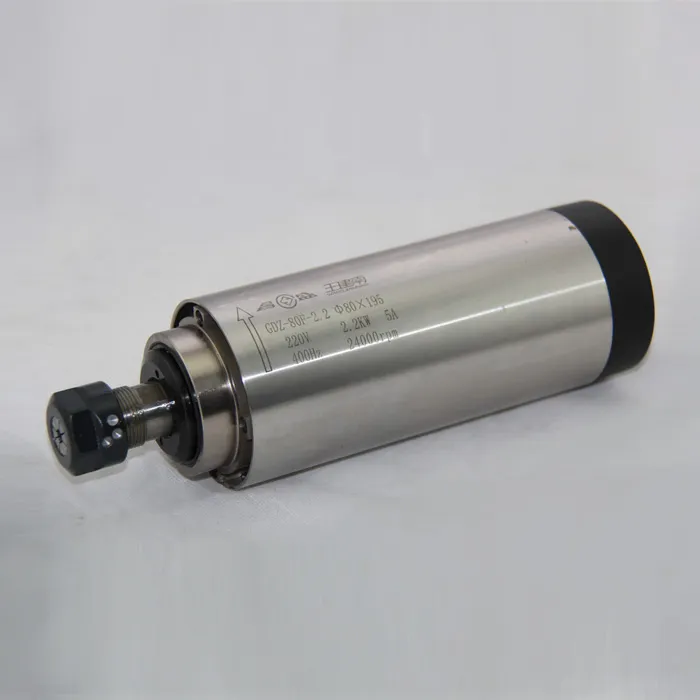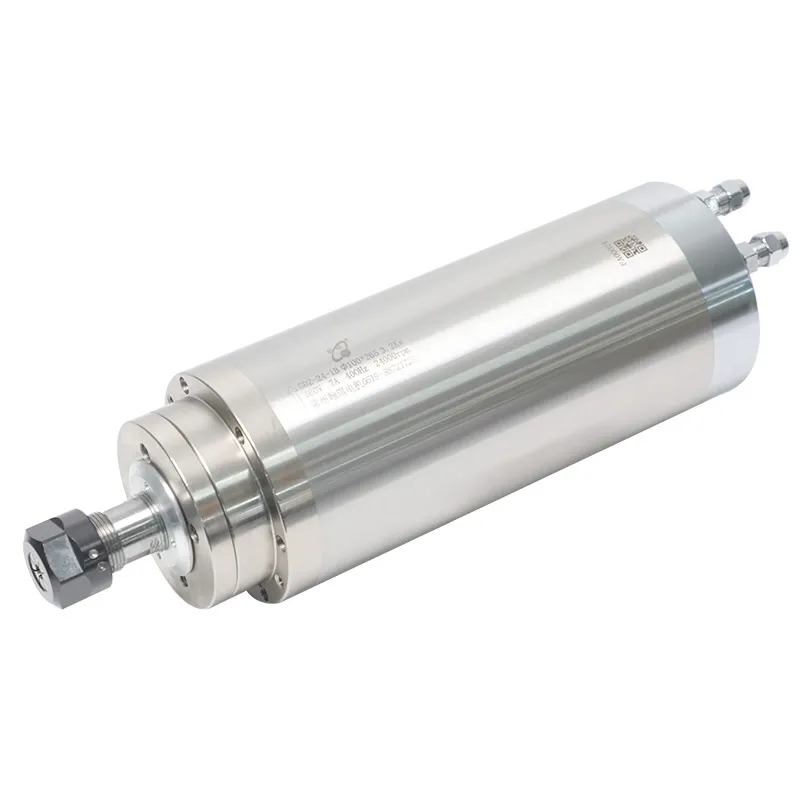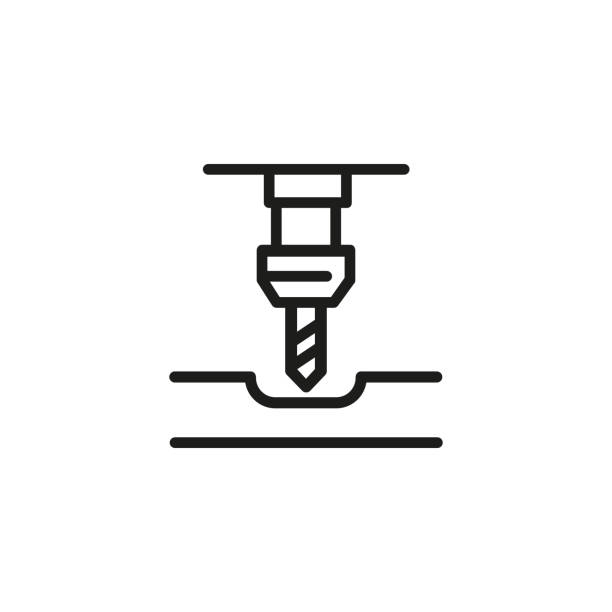When considering investing in advanced machinery, a common question arises: Is a CNC machine a good investment? A Computer Numerical Control (CNC) machine is a powerful tool used to automate precise machining processes. With the rise of automation in industries like woodworking, metal fabrication, and manufacturing, CNC machines have gained attention as a potentially lucrative investment. But what factors make a CNC machine worth the time and money, especially for small business owners or hobbyists? In this article, we explore the practical and financial aspects of CNC machines to help you determine if this investment aligns with your goals.
Understanding CNC Machines and Their Capabilities
CNC machines are designed to take instructions from a computer and convert them into precise movements for cutting, drilling, milling, or shaping materials. These machines come in various forms, including CNC routers, CNC mills, and laser cutters, making them highly versatile in applications. Whether for personal use or industrial production, CNC machines offer automation and precision, which are often crucial for enhancing productivity.
Key Benefits of CNC Machines
- Accuracy and Precision: CNC machines provide unparalleled accuracy, enabling the production of highly detailed and repeatable components.
- Efficiency: These machines work much faster than manual machining, resulting in reduced cycle times and higher production efficiency.
- Versatility: CNC machines can work with various materials, such as wood, metal, plastics, and composites.
- Automation: CNC machines reduce manual labor, which helps cut down on errors and improves overall consistency.
By understanding what CNC machines can do, you can better assess whether such a machine is a worthwhile investment for your specific needs.

Image Credit: 2.2KW ER20 Air-Cooled Spindle
Factors to Consider When Evaluating CNC Machine Investment
1. Initial Costs and Setup
CNC machines can be expensive, especially when considering advanced models that offer a wide range of features. The initial costs include the machine, software, tooling, and accessories. You will also need to factor in the cost of setup, which involves calibrating the machine and setting up a workspace conducive to its safe operation.
| Cost Component | Estimated Cost Range |
|---|---|
| CNC Machine | $3,000 – $100,000 |
| Tooling & Accessories | $500 – $5,000 |
| Software | $200 – $2,000 annually |
| Setup Costs | $500 – $2,000 |
2. Operating Costs and Maintenance
The ongoing costs of running a CNC machine include power consumption, tooling replacements, and maintenance. Regular maintenance is essential to keep the machine running smoothly, particularly if it’s used in production for long hours. Consider the following points:
- Power Consumption: CNC machines consume a considerable amount of power, especially if they operate continuously.
- Tooling: End mills, drill bits, and cutting tools need to be replaced periodically. High-quality tools may cost more, but they tend to last longer and produce better results.
- Maintenance: Proper lubrication of linear guides, checking the accuracy of the machine, and spindle maintenance are all required to prolong the life of the CNC.
Maintaining a CNC machine can be resource-intensive, but proper upkeep helps maximize its lifespan and performance.
3. Production Capacity
One of the strongest arguments for investing in a CNC machine is its ability to increase production capacity. A CNC machine can work continuously without tiring, allowing for higher throughput compared to manual production. This makes it ideal for businesses looking to scale up operations, especially when consistency and repeatability are essential.
For example, small workshops looking to take on larger orders can benefit from the automated nature of CNC production. The ability to set up a batch of parts and let the machine run without constant supervision helps to increase production without additional labor costs.
CNC Machines for Different Business Scales
CNC machines are not just for large manufacturing facilities; they can be incredibly beneficial for small businesses and even hobbyists. Let’s take a look at how different types of users may benefit from CNC machines:
1. Hobbyists and DIY Enthusiasts
For hobbyists, a CNC router can be a game changer. It allows you to create custom wood carvings, signs, and even metal parts that would be impossible to make by hand with the same precision. Although the upfront cost may seem high, the long-term benefits of owning a CNC router often justify the investment, particularly for DIY projects and hobby-based side businesses.
2. Small Manufacturing Shops
Small shops and businesses involved in metal fabrication or custom furniture making can see tremendous value in CNC machines. They allow for precision cutting, which reduces waste and speeds up production times. A CNC machine can turn a small shop into a high-capacity production unit, enabling them to fulfill larger and more complex orders.
For instance, incorporating a spindle like the 24000RPM 3.2KW ER20 Water-Cooled Spindle in your CNC can enhance the cutting precision and stability, making it suitable for both wood and metal projects.
3. Large Manufacturing Businesses
For larger manufacturing businesses, the use of multiple CNC machines can enable mass production. These machines provide the consistency needed to produce large quantities of identical parts, ensuring uniformity and quality control. Investing in CNC technology is often seen as a critical move for companies looking to optimize their production lines.

Image Credit: 24000RPM 1.5KW ER11 Water-Cooled Spindle
Return on Investment (ROI) of CNC Machines
Calculating the Return on Investment (ROI) of a CNC machine involves examining multiple factors, such as cost savings, increased revenue, and improved production capabilities. A few critical points include:
- Labor Cost Savings: CNC machines automate tasks, meaning fewer employees are needed for manual operations. This results in direct labor savings, especially in larger-scale production.
- Material Efficiency: CNC machines often use material more efficiently than manual processes, which reduces waste and saves on material costs.
- Scalability: The ability to increase production without a corresponding increase in labor costs allows for better scalability.
- Consistency: With a CNC machine, you can produce parts with repeatable precision. This reduces the number of defective products, leading to reduced costs associated with waste and rework.
On average, a CNC machine may pay for itself in two to five years, depending on the volume of work, the type of jobs it handles, and how efficiently it’s used.
Potential Challenges of CNC Machine Ownership
While the advantages are significant, owning a CNC machine also comes with challenges. These may include:
- High Upfront Cost: The initial cost of purchasing a CNC machine can be prohibitive, particularly for small shops or hobbyists. A high-quality CNC machine often costs upwards of $10,000, not including tooling or software.
- Learning Curve: Mastering CNC programming, especially G-code, requires training. For those unfamiliar with CNC, this can be a hurdle.
- Space Requirements: CNC machines take up significant space, and setting up the appropriate workshop environment is essential.
While these challenges can be daunting, the long-term benefits often outweigh the drawbacks, particularly for those aiming to scale their operations or achieve higher levels of accuracy in their production.
Key Industries Where CNC Machines Are Crucial
1. Aerospace Industry
In aerospace, precision is non-negotiable. CNC machines are used to create everything from engine parts to intricate components that must adhere to stringent safety standards. The aerospace sector is one of the largest investors in CNC technology due to its need for high tolerance and precision machining.
2. Automotive Industry
The automotive sector relies on CNC machines to produce components such as engine blocks, transmission parts, and custom components. The need for mass production and consistency makes CNC machines an excellent choice for automotive manufacturers.
3. Woodworking and Furniture Manufacturing
In the woodworking industry, CNC routers are frequently used to carve intricate designs, make custom cabinets, and even create entire pieces of furniture. The ability to mass-produce parts with high precision significantly impacts the efficiency of furniture makers.
FAQs
1. What type of CNC machine is best for a small shop?
For small shops, a CNC router or a smaller CNC mill can be a great choice, depending on the type of material being processed. Routers are better for wood and plastics, while mills are more suited for metal.
2. Is a CNC machine worth the investment for a hobbyist?
Yes, for hobbyists who are deeply involved in DIY projects or who run a small business, a CNC machine can be an excellent investment. It allows for the creation of custom pieces that would be challenging to achieve manually.
3. How long does it take for a CNC machine to pay for itself?
Typically, a CNC machine can pay for itself in two to five years, depending on its usage frequency and the type of projects being handled.
4. What are the maintenance needs of a CNC machine?
Maintenance includes regular lubrication, checking linear guides, and ensuring the spindle and other components are in good working condition. Proper maintenance is crucial for maximizing the lifespan of the CNC.
5. How does a CNC machine improve production efficiency?
A CNC machine can automate repetitive tasks, produce high volumes without manual intervention, and ensure consistent quality, significantly improving production efficiency.
Conclusion
Investing in a CNC machine can be a significant decision, but it’s often a smart move for those looking to improve their production capabilities, ensure quality, and scale their business efficiently. CNC machines offer the versatility, precision, and automation required to compete in today’s advanced manufacturing environment. While there are challenges like high upfront costs and maintenance requirements, the benefits—such as reduced labor costs, increased accuracy, and consistent output—make CNC machines a valuable addition to workshops of all sizes. Whether you’re a hobbyist or a manufacturer, a CNC machine can provide the capabilities needed to create, innovate, and grow.
For more information on selecting the right CNC spindle for your machine, visit spindlemotorshop.com and explore our wide range of high-quality spindle motors tailored to fit your specific needs.

